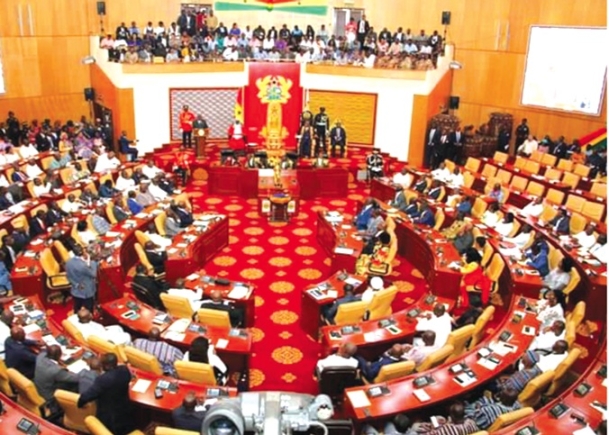
Anti-LGBT Bill: What’s at stake and what’s to lose?
Ghana is undergoing a heated debate, familiar to many African countries. Encouraged by the US Christian Right and conservative Christians at home, some African countries implement or are pondering what many regard as harsh penalties for being homosexual. Ghana currently has a three-year prison sentence, as does Togo. Nigeria has the death penalty. Cote d’Ivoire, Benin and Burkina Faso have no penalties.
The Proper Human Sexual Rights and Family Values bill (aka the “anti-LGBT” bill) generates substantial public debate from a cross section of Ghanaians. The bill is a focal point of media attention, following its unanimous passing last week by Parliament.
If the bill becomes law, Ghana stands to lose US$3.8 billion in foreign funding over the next few years. Some assert that Ghana should stick to its principles and go ahead with the law, and to hell with the West and its money. Others, emphasising that to lose such a huge sum in the context of Ghana’s already parlous economic position is suicidal, urge the President not to sign the bill in its present form.
Views
The bill was passed without parliamentary opposition and its advocates claim that, as a result, it should become law as soon as possible; it is the majority position and must be respected. Critics contend that even though the bill appears to have widespread support, especially among Ghana’s elites – including, the Clergy of all religions, traditional authorities of all ethnic groups, the middle class generally, including most of academia, and the professional classes – this is not in itself sufficient reason to become law. The bill, critics assert, is fundamentally against human rights, notably going against international agreements to which Ghana is a signatory, including at the United Nations. Both sides of the argument believe that they have right on their side and that the other side is simply wrong.
For the record, I am a British student of political science with a longstanding interest in Ghana’s politics. Full disclosure: I am a firm believer in human rights and the penalties if the bill becomes law seem to me to be a sledgehammer to crack a walnut; they are far too harsh and, in any case, won’t resolve the issue: tough penalties won’t eliminate homosexuality in Ghana.
Moreover, for many ordinary Ghanaians the bill is not an important issue, in a context of eye-watering inflation, rapidly rising unemployment, astonishingly high-levels of corruption at senior political levels, and serious and continuing environmental destruction from galamsey activities and other damaging practices, which make a few rich and most people poorer.
The President is in a very difficult —some would say, impossible — position. Many believe that President Akufo-Addo is seeking to delay dealing with the issue for as long as possible, ideally until the next election, when it will become the next President’s problem.
Concerns
The concern of the West for human rights has angered Ghana’s nationalists in two ways. First, some see the West’s disapproval of the bill as imperial arrogance: Ghana is a free country and the West has no right to seek to impose its views. A second strand of nationalism, Christian nationalism, is a strong supporter of the bill. The most fervent advocates of the bill are Ghana’s extensive and influential Christian churches. Encouraged ideationally and ideologically, and perhaps financially, by the American Christian Right, Christian advocates of the bill assert that homosexuality is unbiblical and must be condemned and punished. Leaders of other religious traditions, notably Islam, also strongly support the bill, pointing to both religious and cultural traditions which, they believe, are traduced by homosexuality, which they see as a pernicious Western import.
What sometimes appears to be lost in the increasingly strident debate, made more raucous by the fact that this is an election year, is that Ghana already has laws making homosexuality illegal. Until now, Ghana’s gays have gone about their lives in a climate of a relative lack of fear. All this has changed now. The publicity surrounding the bill has encouraged vigilantes to take the law into their own hands and mete out what they regard as exemplary punishment to those they regard as gay. Not for them letting the law take its course and for the state to take control of the issue; better to put the fear of God into those they deem as a threat and punish them with fists or worse.
What’s at stake, what’s to lose?
So, what’s at stake and what’s to lose? Ghana’s democracy, and the country’s hard-fought reputation for tolerance, broad-mindedness and charity. This deserved reputation will be gone at a stroke if the bill in its current form becomes law. And that’s not all: Ghana can also kiss goodbye to nearly US$4 billion from Western sources. This might be seen as shooting oneself in the foot in the most egregious and unnecessary manner.
The writer is an Emeritus Professor in Politics, London Metropolitan University, UK
